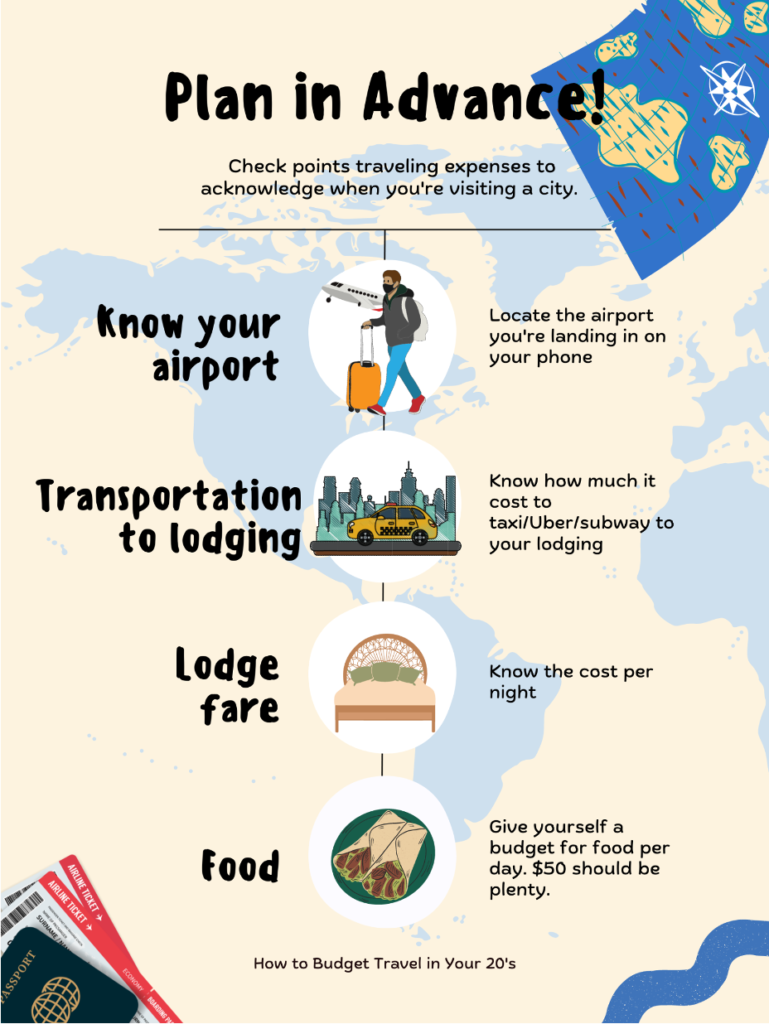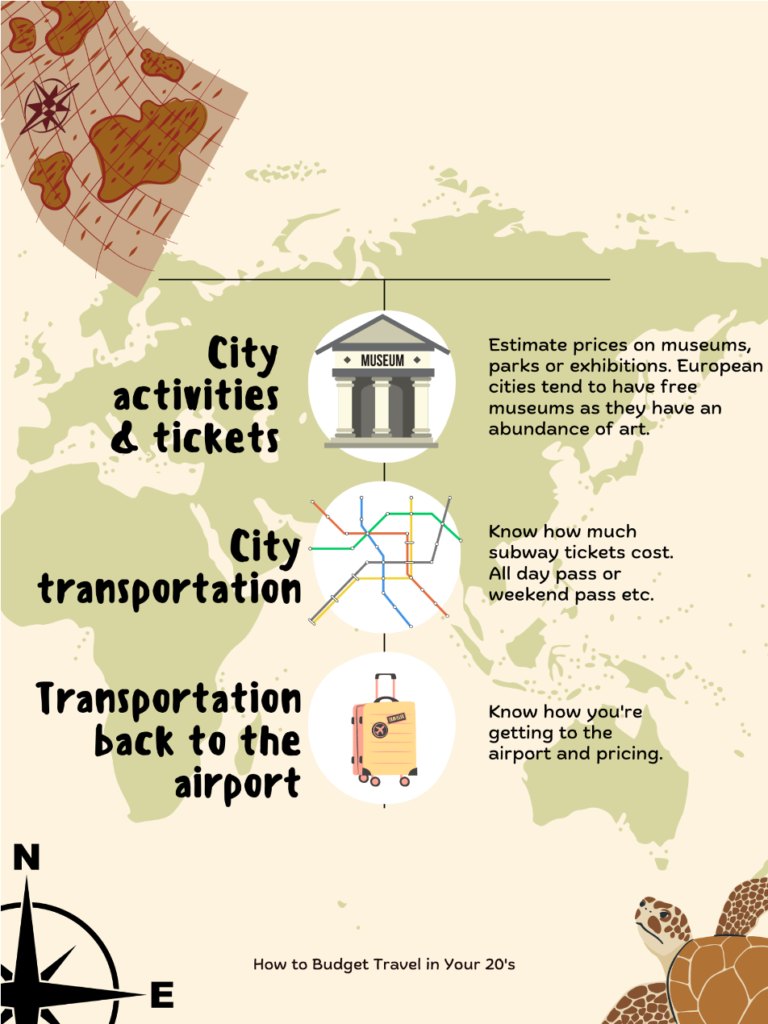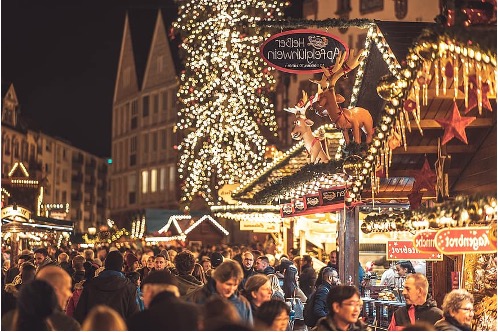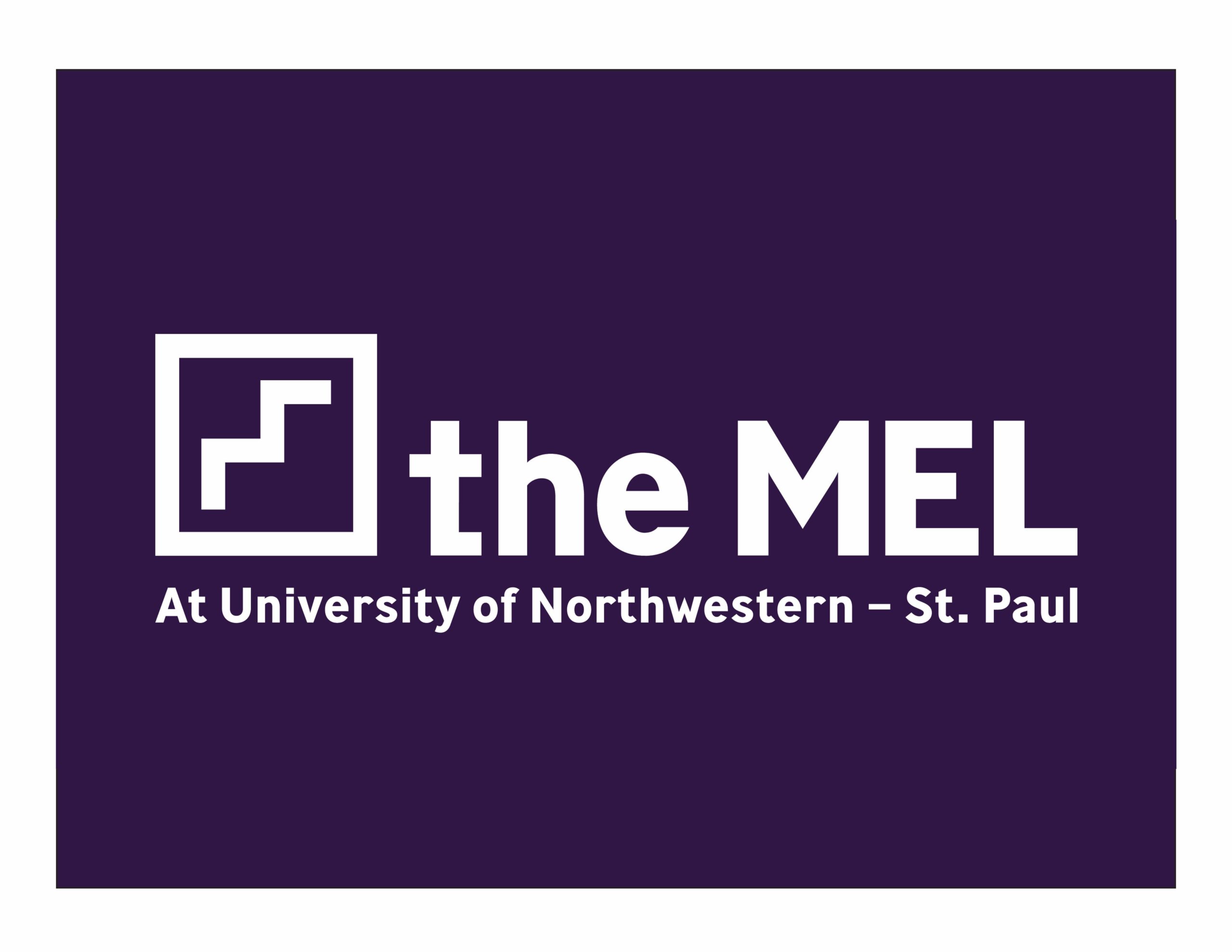Prologue
It was summer, the warm July breeze blew the sweet smell of pine off the shores of the Wisconsin lakes. My feet dangled off the dock that overlooked a lake of reflected blue. The glistening sun rays that danced on the ripples sparkled into my eyes as I crunched a bite into the Godfather Italian sandwich that filled my stomach after a long day of work. But I wasn’t hungry for sandwiches. At this point of my life I knew I needed to plan onward outside of my Midwestern world. As I tasted the Italian salami I started to let my mind drift deeper into the blue sky into a land far away. I needed to study abroad.
Getting started
The University of Northwestern St. Paul offers fantastic study abroad opportunities through different partnered abroad agencies. The Global Programs Office aids you in your dream destination while helping you find the best program that fits your credits. Now, imagine finishing the steps of studying abroad and you’re about to go overseas, but you don’t have knowledge on budgeting. What do you do? What steps do you need to take? Don’t fret, here are some ways I found to budget travel as a study abroad student.
Plan in advance
The first step in saving money is planning ahead, preferably 6 months in advance. In any service you’re paying for, tickets are tremendously affordable when you buy ahead. Acknowledging these costs when you’re planning in advance helps you budget your funds into sections. I found that these sections are boundaries that limit yourself from splurging, and believe me, when you’re abroad in a new exciting environment, it is difficult to stick to a money saving plan.


Travel apps
Travel apps have been my savior in finessing. The program helps you check airline prices while also offering tours in the city you’re visiting. Apps that I recommend are Expedia, Omio, Trainline, Skiplagged.
Expedia shows you all ticket prices from different airlines. Sometimes the prices are cheaper than other applications, but it takes some research to do. I would suggest buying round trip tickets on Expedia to maximize your savings.
Omio. Like Expedia, Omio airline prices from all companies. However, when you surf through Omio on Monday or Tuesday, ticket prices are surprisingly low. I was able to book my trip to Morocco for €12 because I planned in advance and shopped on a Tuesday. It is better to not buy round trip tickets on Omio, because their round trip deals are sometimes more costly than buying single tickets.
Trainline is the rail system version of Expedia and Omio, it has train schedules up to a year in advance, allowing you to buy tickets at the early bird price. If you made a mistake you could also skip the line and buy your ticket on the app while awaiting the train.
Skiplagged. Do you know airlines scam you? When you buy a ticket you’re paying for the duration of the plane being in service, not for your flight time, making tickets expensive. Skiplagged reserves tickets but only charges you the price of your flight time. What consumers don’t know is that when we buy tickets, we pay for the price of the plane being in service the entire day. Which means even if your trip destination is Austin TX, the plane still has to continue to JFK, and the airline company will charge that service. In short, you pay for the plane’s flight path for that day even if it goes beyond your stop, which is a counterintuitive move when you’re wanting to save money.
Travel with friends
Sometimes companies will have group discounts for certain events. You’ll be able to split meals, transportation fares, and lodging altogether if you go with friends. If your group is also big on saving money, everyone will be inclined to keep each other accountable on spendings. Plus, you’ll be safer together in cities you’re unfamiliar with.
Use cash
If you’re abroad for a long term of time, say over two and a half weeks to a month, I would suggest pulling the equivalent of $350-400 USD of cash out of your bank, because when you use your credit or debit card to pay for bills, you’re also charged a conversion fee in the country that you’re in. On the streets of Europe where you might encounter markets and vendors, cash is favored among businessmen as it’s less of a hassle to handle banking fees through credit card spendings. Plus, you’re able to visualize your spendings when you have cash, which will allow you to slow down on splurging during your vacation.
Side note: Split your cash. Hide cash in deep pockets of your bag (€50-100) when you’re out and about, keep a few in your wallet (€50), and leave most of your money in the safe of your hotel room. If you don’t have a safe, store it in your suitcase and place it somewhere out of sight.
Don’t buy food in touristy areas
Yes, touristy areas are glamorous and beautiful, however, food is disgustingly expensive. Venice on average charges around $15-20 USD for a plate of pasta, and though that seems normal on the State side, pasta is almost always under $12 USD in Italy. I found that researching local places gives you a better experience overall, with tastier foods and better service, as the locals will respect your interest in understanding their way of life more than just visiting the mundane sites.
Final thoughts
As you can see, traveling on a budget takes a lot of preparation and work. It might feel overwhelming to straighten out the intricacies of planning, but once the work is done you’ll be able to enjoy your time on your study abroad/vacation, and budget traveling will become second nature to you.
As for me, studying abroad has opened up my mind and my soul. I felt a lot more peaceful being abroad, where I could slowly take time into enjoying life and socializing with new friends. I feel more confident and assured with myself after immersing myself in another world.
If you’re interested in following up on study abroad opportunities, feel free to follow the Northwestern Global Programs Office on Instagram at unw_global. Or, make a digital appointment online with the Global Programs Office director Kendra Sundeen at kjsundeen@unwsp.edu.






